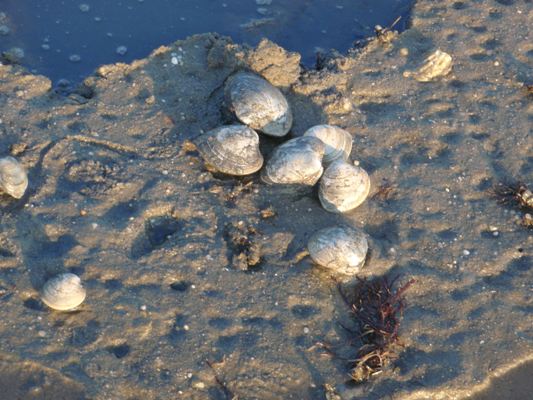Science, as far as it is useful, is counter-intuitive.
Our intuition is based on survival--we don't see things as they are, we see them the way that most likely allows our survival. Intuition is powerful, it's real, but it does not have a cozy relationship with reality.
The natural world gives no credence for our humanness, no more than it gives a squirrel for its squirreliness. We live, we sometimes reproduce, we die.
***
Last night, just past midnight, woken up by the howling northwest breeze that announced winter's arrival, I remembered that I had left a tub of pond water out back. (Every year I drag in about 8 gallons of pond water, ostensibly to save elodea for next spring, but more because dancing daphnoa help get me through late winter.)
I pulled on a sweatshirt, didn't bother with shoes, and dragged my bucket full of elodea and daphnia and countless other organisms, down into the basement. I could pretend that imagining the slow freezing of thousands of creatures that bring me joy each time I peek at a drop of water under my microscope had nothing to do with it.
The race of sharply outlined clouds against the unexpectedly bright half moon hanging up in the east. There are times I become, briefly, comfortably feral.
The pond is freezing over now, and winter is settling in. I got kids to teach, but before I teach them how they relate to the world, I need to teach them that they are of this world. Of this clay. Of this light. Of this whatever it is that started nearly 14 billion years ago.
We're losing our sense of what matters.


























